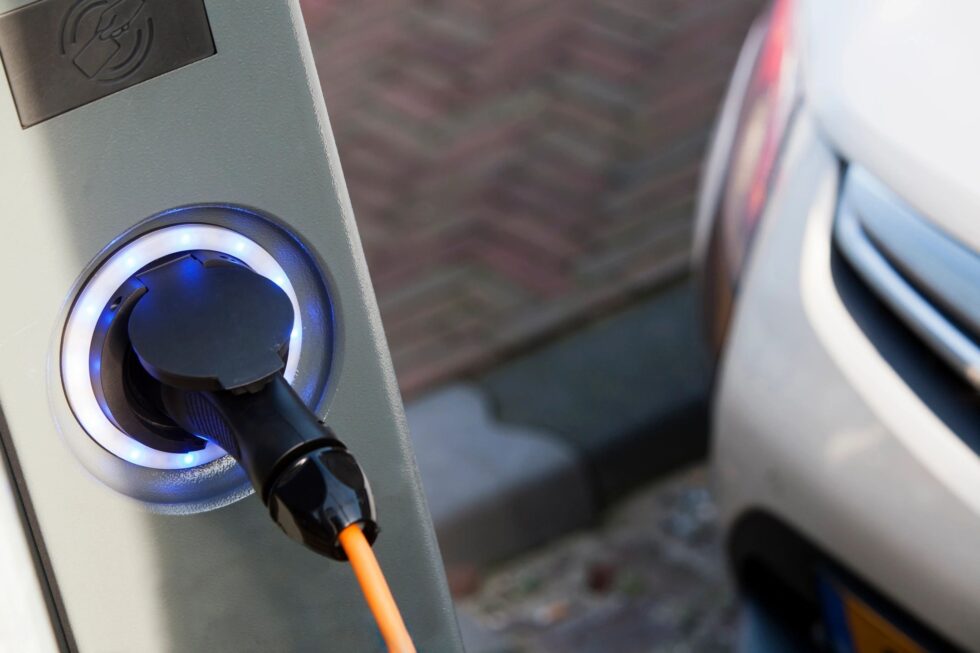by Dave Williams | Mar 27, 2023 | Capitol Beat News Service
ATLANTA – Legislation aimed at preparing Georgia for the growing number of electric vehicles plying the state’s highways cleared the Georgia House of Representatives Monday.
The bill, which originated in the state Senate, passed the House overwhelmingly 175-1.
Senate Bill 146 would change the way motorists charging their EVs pay for the electricity they buy from the current system, which is based on the length of time a customer uses an EV charger. Instead, they would pay by the kilowatt hour, a federal requirement Georgia must meet to be eligible for $135 million in federal funds earmarked by Congress to build a network of charging stations across the state.
The House made significant changes in the Senate bill, including reducing the tax rate motorists would pay when they charge their EVs. The new version of the legislation would impose a tax of 2.84 cents per kilowatt hour, down from 3.47 cents, responding to complaints that Georgia was poised to charge the highest excise tax on EVs in the nation.
EV owners currently pay a flat annual registration fee of $216 on their electric vehicles, which would not change under Senate Bill 146. That has prompted complaints that charging a flat annual fee on top of an excise tax at charging stations would disincentivize the purchase of EVs, the wrong message to send when Gov. Brian Kemp has pledged to make Georgia a national leader in electric mobility.
The excise tax at charging stations is necessary to capture tax revenue from out-of-state motorists traveling through Georgia, Rep. Kasey Carpenter, R-Dalton, said Monday.
Some House members also questioned the excise tax because many Georgia businesses that offer free charging don’t have the technology to monitor the amount of electricity a motorist is using and, thus, would have to stop providing charging stations.
But House Transportation Committee Chairman Rick Jasperse said those companies could still offer free charging if they choose to.
Jasperse, R-Jasper, has been adamant as the Senate bill and a similar House version have moved through the General Assembly this year that both the annual fee and excise tax are necessary to make sure the Georgia Department of Transportation still brings in enough revenue to keep pace with highway construction needs as motorists begin moving away from gasoline-powered vehicles.
Jasperse said reducing the tax rate at EV charging stations would put Georgia in the “middle of the pack” among states rather than making the Peach State the highest taxed in the country.
Because of the changes the House made to the bill, it now moves back to the Senate.










